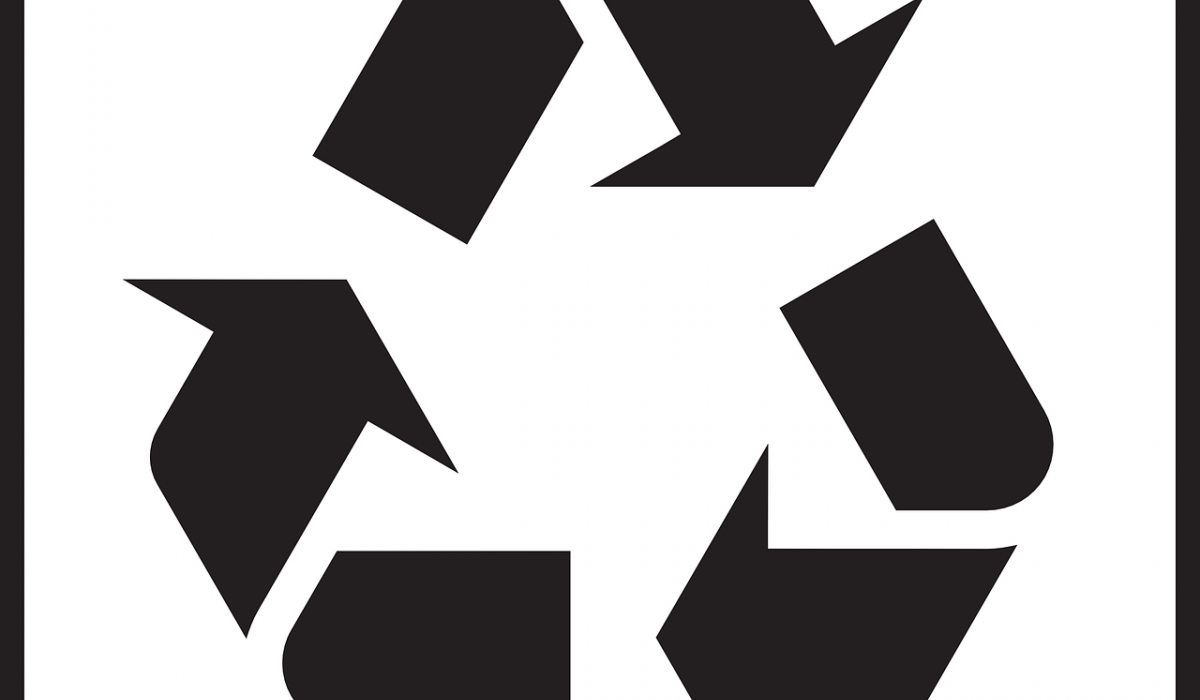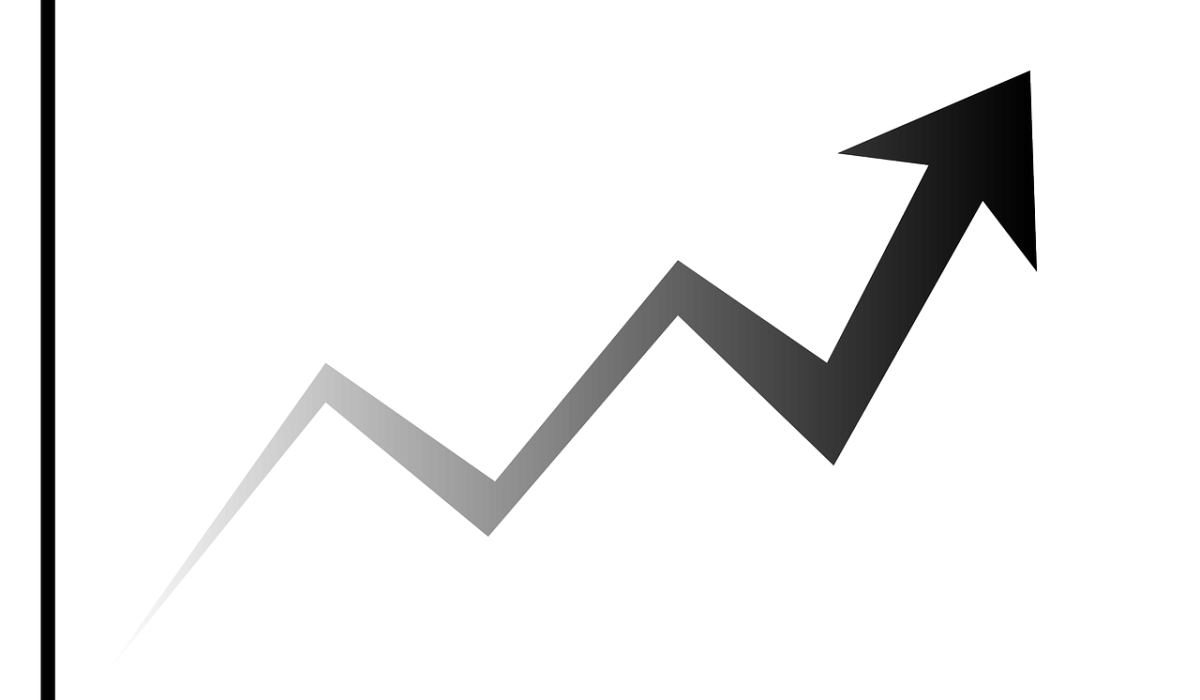Legislative changes as of 1 July 2023
The risers, the decliners and the new arrivals
After a long list of legislative changes for entrepreneurs as of 1 January 2023, the second half of the year starts with another large number of tax and legal changes. As of 1 July 2023, new rules will come into force that will be felt by private individuals, employers and entrepreneurs. Below we list the changes for you.
Increase in interest, wages and rents
Statutory interest rises
For whom?
Individuals, companies and government who have or demand debts.
What's changing?
Are you going to borrow money or are you late with a payment after July 1, 2023? Then the creditor may ask for a higher interest rate on the amount owed. This increase applies in three segments:
- It was legally stipulated that companies could collect a maximum of 12 percent on credit. Now it's 14 percent.
- Debts by private individuals
The interest rate on debts on non-commercial transactions (between individuals and companies or government institutions) rises to 6%. - Debts between companies and government
On commercial transactions (transactions between companies and/or government institutions) a maximum of 12% interest may be charged from 1 July.
Increase in minimum wage
For whom?
Employers, minimum wage workers and benefit recipients
What's changing?
As every six months, the minimum wage will also increase on 1 July. This time it is by 3%, to € 1,995 gross per month for full-time employment. AOW and WW benefits increase by the same percentage.
Rise in social housing prices
For whom?
Tenants
What's changing?
From 1 July, landlords will be allowed to implement a rent increase on social housing. For homes with an above € 300 euros, the increase is a maximum of 3.1%. Under € 300 rent, up to € 25 more rent may be requested. Are you a tenant and do you want to know what the (new) maximum rent for your home may be? You can do an online rent check on the website of the rental committee (in Dutch).
Tax interest rises
For whom?
Individuals and entrepreneurs
What's changing?
The tax authorities charge tax interest if an assessment on a tax declaration could not be determined in time, for example because you have filed a tax return too late. The percentage of this interest will increase on 1 July. For example, it was previously 4% for income tax, and is now 6%. Although the scheme is disadvantageous for people who (should have) made a payment, the increase is actually advantageous if you receive a payment from the tax authorities later: then you get more interest on the outstanding amount.
Decrease in child benefit and excise tax credit

Child benefit decreases
For whom?
Parents/guardians minors
What's changing?
Because the inflation rate has fallen, it has been decided that child benefit will be reduced. Child benefit increases or decreases with the costs that parents have on the basis of the consumer price index. After an increase in the past two indexations, now that (especially energy) prices are falling, the child benefit is also reduced. Depending on the age of their children, parents/guardians receive 8 to 12 euros less per child per quarter in child benefit per quarter.
Excise tax credit falls
For whom?
Individuals
What's changing?
More than a year ago, due to the high increase in energy costs, an excise tax rebate was introduced on petrol, diesel and LPG. This discount is now reduced by 50%, which means that you pay more at the pump. For example, the excise duty on petrol increases from 65 cents to 79 cents. Later this year, the excise tax credit will be further reduced, so that you will again pay more for fuel.
New laws and regulations

New pension system
For whom?
Employers, employees and pensioners
What's changing?
As of 1 July 2023, the Future Pensions Act (Wtp) will enter into force. There will then be a transition period that runs until 2028: then everyone must have switched to a new pension system. Until then, you (as) an employer can implement the new working method. Although this will take more than 4 years, you have to deal with the changes before. As an employer and entrepreneur, you probably need to prepare. And as an employee or pensioner, you want to know where you stand and what you can expect. We explain it (in English) in this article.
Cross-border workers: more opportunities to work from home
For whom?
Employers (of), frontier workers
What's changing?
When people from the Netherlands work from home for an employer in a neighboring EU member state, this could lead to problems with regard to social security or tax legislation. This obstacle to the labor market in the border regions was removed on 1 July: cross-border workers are allowed to work from home for a maximum of half the time, without this affecting the applicable social security legislation. The remaining working time must then be physically spent in the country where the employer is established.
New landlords law
For whom?
Landlords, tenants, home seekers
What's changing?
From 1 July 2023, the Good Landlordship Act will enter into force. This contains rules that landlords must adhere to with regard to home seekers and tenants. The law enables municipalities to intervene in f.e. ill behavior with regard to maintenance of rented homes or excessive costs for rent, service and deposit. Tenants can go to a municipal point to report it if landlords do not comply with these rules.
New data exchange law
For whom?
Individuals and healthcare providers
What's changing?
The new data exchange law (called Wegiz) states that data exchange between healthcare providers must in some cases take place electronically. By exchanging information in this way (instead of, for example, typing it or physically sending it), it must be transferred from one healthcare provider to another faster and with less chance of errors. In addition, the Wegiz aims to reduce the administrative burden of healthcare providers so that they can spend more time with their patients.
Abolition of corona QR
For whom?
Individuals
What's changing?
On 1 July 2023, the European Regulation that allows the issuance of the European Digital COVID Certificate (DCC) expires. The Ministry of Health, Welfare and Sport will therefore stop issuing international digital proofs in the CoronaCheck app. They state that "the use of the Digital Corona Certificate (DCC) hardly contributes to the protection of public health at this stage." Corona certificates can still be found in the app.
Relaxation of childcare quality requirements
For whom?
Parents/guardians, childcare staff
What's changing?
Because there are staff shortages in childcare, the quality requirements for employees have been weakened. On 1 July 2023, the three-hour rule and the ‘familiar-face criterion’ (which states that there should not be too many switches amongst childcare personnel) will change. This creates more flexibility in the sector and could more easily compensate for shortages. As of 1 July, the pedagogical policy plan must be adjusted if the relaxation leads to changes for the locations. NP
Ban on single-use plastics
For whom?
Users and providers of on-the-go consumptions
What's changing?
Environmentally polluting packaging material for products 'to go' may no longer be given to consumers free of charge. From 1 July 2023 on, it is mandatory to charge an additional fee for this. Gas station owners, takeaways, kiosk owners and other providers of single-use plastics on the go may pay the amount they charge for the use of the material.
New law on the collection of clothing
For whom?
Textile producers and importers
What's changing?
The Extended Producer Responsibility (EPR) for textiles has entered into force: this obliges producers and importers of clothing and other textile products to collect, sort, reuse and/or recycle textiles. In this way, they become responsible for reducing textile waste and destruction. Since 1 July, the sector has also been obliged to report data on sales and recycling to the government. Sector organizations have jointly set up the UPV Textile Foundation to support entrepreneurs with the new ERP obligations.
Restriction on gambling advertisements
For whom?
Gambling industry entrepreneurs
What's changing?
As of 1 July 2023, a large part of advertisements for online gambling will decrease. Two years after its legalization, it was decided to limit the possibilities for advertising. In this way, vulnerable groups are better protected against the risks and addiction. Also, fraud and money laundering must be prevented with this measure. Only under strict conditions may targeted online advertisements be broadcasted. Parties that have current contracts may make use of a transitional period of 1 to 2 years.
Recording reintegration processes
For whom?
Employers and employees
What's changing?
To promote the reintegration of sick employees, the employer and employee must discuss their vision on the reintegration process as of 1 July 2023. The employer is then obliged to draw up a reintegration process that describes how the employee can return to work as soon as possible. The vision on this must arise from dialogue between employer and employee and must be aimed at both the shorter and the longer term. Both parties may adjust it if necessary. Discussing reintegration is not new. The obligation to record the route is as of 1 July 2023.
Want to know more?
On Lupacompany.com you can read which changes took effect on 1 January 2023. Do you have questions about the consequences of new laws and regulations on your situation? Feel free to contact us. We are happy to help you.

